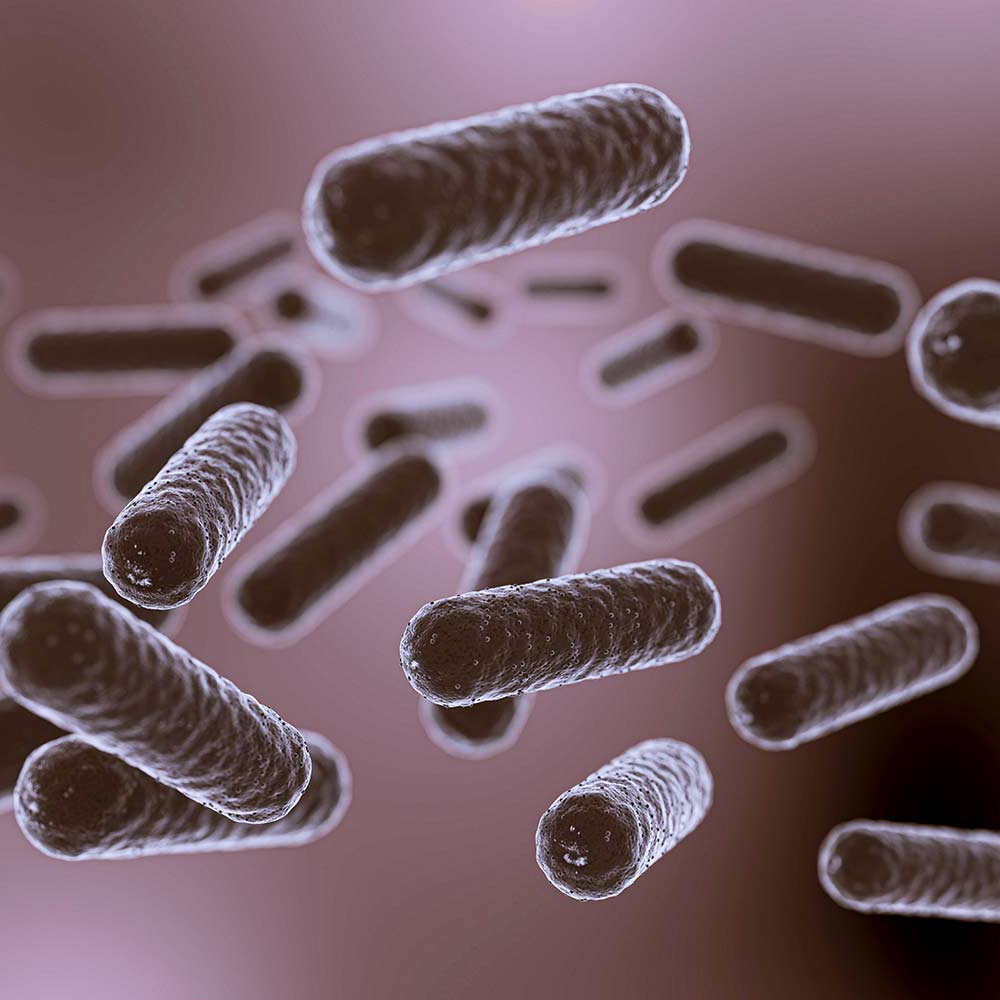Nanotextures solve a historic problem
Nanotexturing that prevents scale forming on the inside of pipes can reduce plant maintenance costs significantly
Genetic engineering enables bacteria to break down plastic into a high-strength biodegradable silk.
On January 14, 1980, the British band The Buggles released their single "Living in the Plastic Age," marking our era with the name of this ubiquitous petroleum-based material, following the bronze, iron, and stone ages. Since its release, plastic has only proliferated, leading to challenges like the spread of microplastics in our oceans. One of the most promising scientific breakthroughs in addressing this issue is the development of a method to transform plastic into spider silk, one of the toughest materials found in nature, through the use of bacteria.
Polyethylene, due to its low production cost and versatility, is the most produced plastic, with annual production exceeding eighty million tons. It's predominantly used for single-use items like grocery bags, food packaging, disposable diapers, and irrigation pipes. In response to its widespread use and environmental impact, researchers at the Rensselaer Polytechnic Institute (RPI) in New York have focused on converting polyethylene into a biodegradable and precious alternative: spider silk. This new biomaterial mirrors the strength of Kevlar, suggesting its potential for a wide range of applications.
To tackle the issue of polyethylene waste, which can linger in the environment for up to 1,000 years, scientists have turned to a novel solution involving a specific strain of Pseudomonas aeruginosa bacteria. This bacteria is uniquely capable of metabolizing polyethylene, a feat that offers a glimmer of hope in the face of such enduring pollution.
This process diverges from traditional fermentation by employing polyethylene slurry as the nutrient medium. After fermenting in small tanks with gentle stirring for seventy-two hours, the bacteria are separated out, and the resultant silk protein is purified and freeze-dried, resulting in a versatile material that can be spun into threads or shaped into various forms.

This biomaterial, reminiscent of bio-inspired spider silk, illustrates the potential of leveraging natural processes to convert waste into valuable materials. According to the dean of RPI, this research is a part of a novel approach towards environmental protection and reducing our reliance on non-renewable resources, though the journey to industrial-scale production is still ahead.
Bioplastic is a type of plastic commonly produced from renewable sources, such as biological and organic materials. Unlike conventional plastics derived from petroleum, bioplastics aim to reduce reliance on non-renewable resources and lessen the environmental impact associated with the production and disposal of petroleum-based plastics. Their numerous applications include disposable packaging and wrapping, as well as uses in the medical and agricultural sectors.
Among the most common types of bioplastics are:
In 2021, the University of Cambridge also announced a promising spider silk derived from plant proteins. However, the novelty of the new bioplastic from RPI lies in its source material: it is derived from conventional plastic rather than plant-based raw material.
In nature, spider silk is primarily composed of proteins known as fibroins. These transform into strong and flexible threads upon contact with air. Spider silk exhibits exceptional mechanical properties, such as high tensile strength, lightness, and flexibility, making it of interest in fields such as materials engineering and medicine.
Despite these incredible qualities, large-scale commercial production of such renewable raw materials remains a challenge. This is why alternative methods, such as the use of bacteria, are being explored.
The approach mentioned by the RPI dean is rooted in a discipline known as biomimicry, which leverages principles found in nature, either by imitating or reproducing them. If you're interested in learning more about bioplastics and other biomaterials that avoid the use of fossil resources, check out our articles on an ultra-resistant material based on spider webs or bags made from seaweed.
Source:
All fields are mandatory.
Read the most discussed articles
{{CommentsCount}} Comments
Currently no one has commented on the news.
Be the first to leave a comment.
{{firstLevelComment.Name}}
{{firstLevelComment.DaysAgo}} days ago
{{firstLevelComment.Text}}
Answer{{secondLevelComment.Name}}
{{secondLevelComment.DaysAgo}} days ago
{{secondLevelComment.Text}}